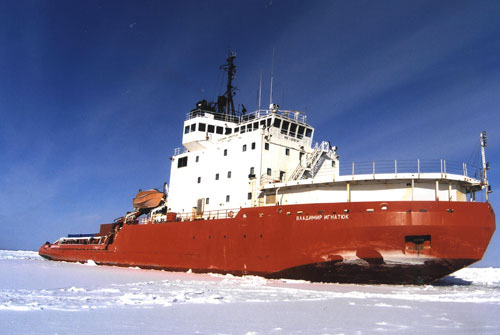“It’s a big relief.”
That’s how Karl Erb, head of National Science Foundation’s Office of Polar Programs, sums up the feelings of most researchers at McMurdo Station, the headquarters of U.S. scientific research in Antarctica. The station was in danger of having its operations limited–or even of being shuttered–for at least this austral summer after the Swedish government recently announced that they would not be able to provide the Oden, the icebreaker/research vessel that the NSF has been leasing and which has been carving a path to McMurdo since 2006. Sweden claimed it needed to keep the vessel close to home after two consecutive severe winters bottled up shipping lanes in the Baltic Sea. (More recently, the Swedish government announced a five-year agreement to lease the ship to Finland for use in the Baltic’s Gulf of Bothnia.)
So the NSF, which oversees the U.S. Antarctic Program, looked elsewhere. Unfortunately, the three U.S. Coast Guard icebreakers are unable to handle the task: one is scheduled for decommission this month, one is being renovated and won’t be ready for at least two years, and the third is simply not designed for such a strenuous task as breaking through to McMurdo. With time running out to guarantee shipment of fuel and other supplies necessary to keep McMurdo operating through this austral summer, the NSF secured an agreement with a Russian vessel, the Vladimir Ignatyuk, to cut through the ice this year, and perhaps for the following two years if it’s needed. The Ignatyuk has carried out similar duties for other nations in the past, but unlike the Oden, it is not a research vessel. Scientists hoping to conduct ship-based research will have to scramble to hitch a ride on other vessels headed for the Antarctic region.
